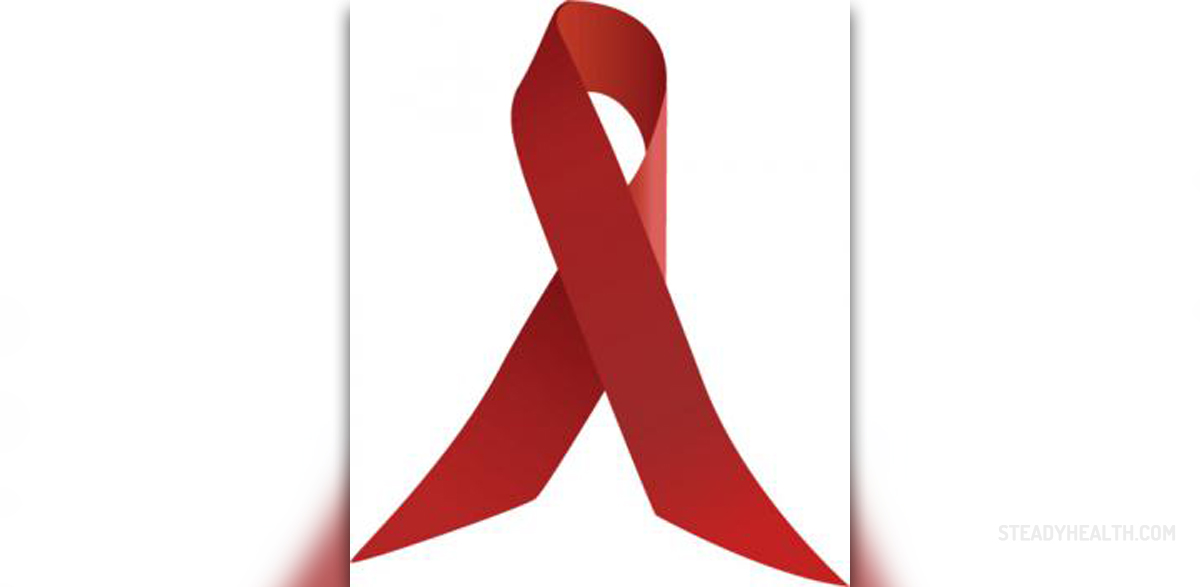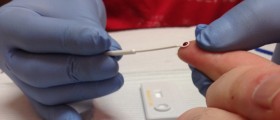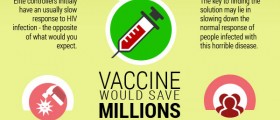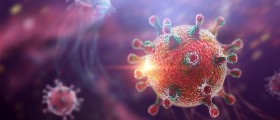
HIV or human immunodeficiency virus is responsible for acquired immunodeficiency syndrome, also known as AIDS. This health condition is characterized by the progressive failure of the immune system that leads to many severe infections which are eventually fatal for the patient.
Infection
HIV is transmitted by bodily fluids such as blood, semen, vaginal or pre-ejaculate fluid or breast milk. There are a couple of major routes of transmission: unprotected sexual intercourse, contaminated needles, breast milk and perinatal transmission from mother to her baby at birth. Transmission trough blood donation is nowadays suppressed because donated blood gets test for the presence of various viruses. The risk factor associated with blood transfusions is significantly low.
By recognizing the HIV warning signs in their earliest stages, patients may greatly increase their chances of receiving highly effective treatment. Most untreated people infected with HIV-1 eventually develop AIDS. Without antiretroviral therapy, someone who has AIDS usually dies within a year. On the other hand, treatment with anti-retrovirals may significantly increase the life expectancy of HIV infected people.
HIV symptoms in men
At the early stages of the infection, symptoms are the same in men and in women. In later stages, the immune system is highly compromised and patients are also suffering from hormonal misbalance that causes different set of symptoms in different patients and genders.
Early stage symptoms
Symptoms of the early stage of HIV infection resembles to the symptoms of any other viral infection, for example flu. It takes some time before the symptoms fully develop in an individual. Some people may experience the early-stage symptoms after a couple of weeks since being exposed to the virus. The others won’t notice any of the symptoms for months and sometimes for years. Once the symptoms develop, people may start to complain about headaches, fever or extreme fatigue. These symptoms may last for a couple of weeks. Another unpleasant fact about the HIV virus is that the people with HIV are infectious immediately after being exposed to the virus. Most people with HIV will look completely healthy for years, despite the fact they are infected and contagious. The only way to be sure if one is infected or not is to undergo an HIV test.
Later stage symptoms
In the advanced stage of the infection, patients may notice swelling of the lymph nodes, nausea and diarrhea. All of the later stage symptoms are indicating problems with the immune system. They usually include a dry cough, intense sweating especially at night, extreme tiredness, white spots in the mouth, and spotting of the skin.





_f_280x120.jpg)











Your thoughts on this
Loading...